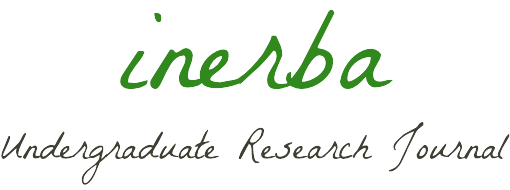Tag: Thought experiment
La dialettica del tempo nello Zauberberg di Thomas Mann
di Isabella Vasen
Acknowledging the significant role of scientific innovations in shaping the early twentieth-century European cultural landscape, this study investigates the literature-science dialectic, with a particular emphasis on the impact Einstein’s theory of relativity had on Mann’s novel Der Zauberberg. While Mann may not have fully embraced Einstein’s ideas, they undeniably influenced the novel’s exploration of time, which emerges as a central theme, in a dynamic interplay of historical and pure time. However, differently from the German physicist, who seeks to describe natural laws through objective facts, the conceptual experiment shaped by Mann unveils the subjectivity of space and time experience.
Parole chiave: Einstein’s theory of relativity, Thought experiment, German literature, Thomas Mann's Der Zauberberg, Literature and science interaction
Leggi l'articolo